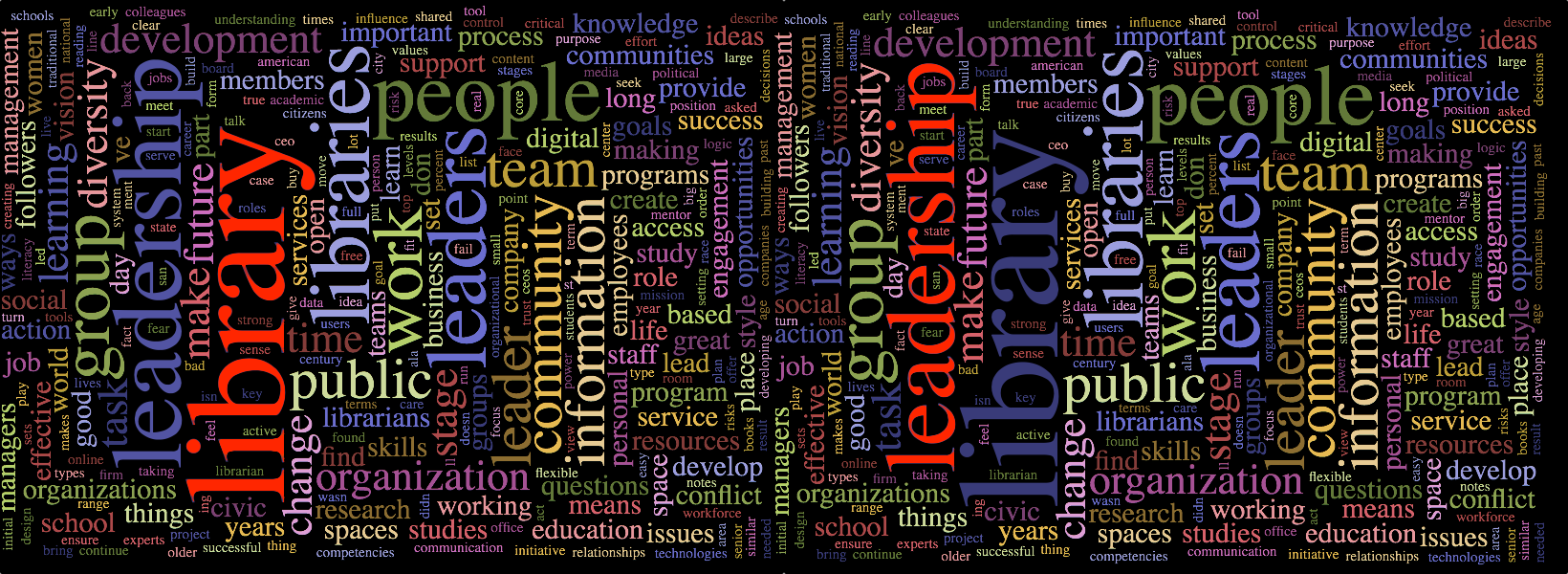In an emergency, whether the emergency is a tornado or a pandemic, in most communities everyone knows who takes care of what:
-
-
- Order and traffic, rule enforcement: The local police department.
- Safety and rescue: The local fire department.
- First aid and medical attention: The local first aid squad, clinics and hospitals.
- Shelter: Schools and community centers.
- Coordinating it all: Town Hall.
- Keeping the public informed: ????? (Hint: Why not the local library?)
-
With the demise of local newspapers, most communities, whether the population is 3,000 or 300,000, have no place to turn for reliable information accumulation and dissemination. During the COVID pandemic, initially Americans experienced an information vacuum at the state and national level. National leaders declined to provide direction and released confusing, contradictory, and sometimes downright false information. A few state leaders, such as Governor Cuomo, became particularly famous for filling the information vacuum. However, who fills the information vacuum at the local level, especially for emergencies, such as flooding, fires, earthquakes, or tornados? Why not the local library?
Emergency action is usually well planned and coordinated. The police and fire departments as well as other first responders work with local government to prepare for emergencies. They know what to do, they practice doing it, and they’re good at it. Thanks to that preparation, people get rescued, order is maintained, and emergency facilities are set up where and when they are needed. In addition, volunteers step forward to clear debris, fill sand bags, and help distribute food, water, and blankets.
But who informs the public? How do local residents know which roads are closed or where to go for those emergency supplies of food, water, and blankets? Who tells volunteers where they are most needed? As rules and policies change, who makes sure that average citizen knows what’s going on? Police and fire crews are all busy being first responders and there is nothing in their training or experience that familiarizes them with platforms such as Facebook, Twitter, Nixle/NextDoor, or even email to effectively communicate with the entire community on an ongoing basis. Someone needs to fill the information gap, regardless of information platform. Why not libraries?
The little town of Cranbury, NJ where I live was hit by tropical storm Henri on August 22, 2021. We didn’t suffer any wind damage, but we got pounded by 9 inches of rain in an hour. The rain was so intense little Cranbury (population about 3,000) was mentioned on the PBS NewsHour and CNN coverage of Henri the following day. In addition, many towns upstream from Cranbury’s beautiful lake got almost as much rain as we did, which of course, meant we not only suffered from flooding due to the rain that fell in our own town but also from the rain that fell in other towns when it flowed down to us through the watershed. The mayor, local volunteers, and Cranbury’s Office of Emergency Management did a great job of handling the flooding, rescuing stranded motorists, and helping our neighbors and businesses near the lake. But communication was a problem. And still is.
No one knew which roads were closed and, once we found out which ones were closed, we didn’t know when they were reopened. For those of us who had to go to work, there was no way to find alternate routes with any certainty. No one really knew where to go for help, and since it was Sunday the town hall was closed. If you were personal friends with the mayor or someone on the township committee or if you knew a volunteer in the fire department, you could call them, but few of them knew the whole picture – or even many details beyond what they personally were working on. Unfortunately, if you didn’t know someone, other than for a 911 life-threatening emergency, you were out of luck. We have great first responders and an excellent library. We should put them together.
Just as the police department, the fire department, the mayor, and others spring into action in an emergency, why can’t the local library staff spring into action to provide information services? Information is what libraries are for, isn’t it, the accumulation and dissemination of information? And librarians can do most of this kind of work from home – no need to go out into the pandemic, the rain, or the wind like other first responders.
Most towns have an Office of Emergency Management (OEM) that prepares for emergencies and lays out which township organization will take responsibility for which services. Libraries should join in the planning and, whether the emergency is a storm hitting at 4:00am on a Sunday morning (like Henri) or a pandemic rolling out over many months, the library staff can quickly set up information accumulation and dissemination services, both for the first responders and the public. If library staff are part of the OEM, it would be expected of them, and first responders would coordinate with them. It would be the library’s job to figure out how to collect the information and disseminate it effectively to the entire community.
Turning the library into the community’s emergency information center benefits the police, the fire department, the medical workers, and the town hall staff as well as the community members because the first responders can focus on their jobs and the community has a place to turn for reliable, curated information.
I have no data on this but I am willing to guess that if you ask most Americans where they turn for information in an emergency, they do not think of the library. They should. Information is the heart and soul of what libraries offer their communities. Libraries should be so plugged into their communities that whenever the community needs information, especially in an emergency, the first place everyone in the community thinks of is the library.
